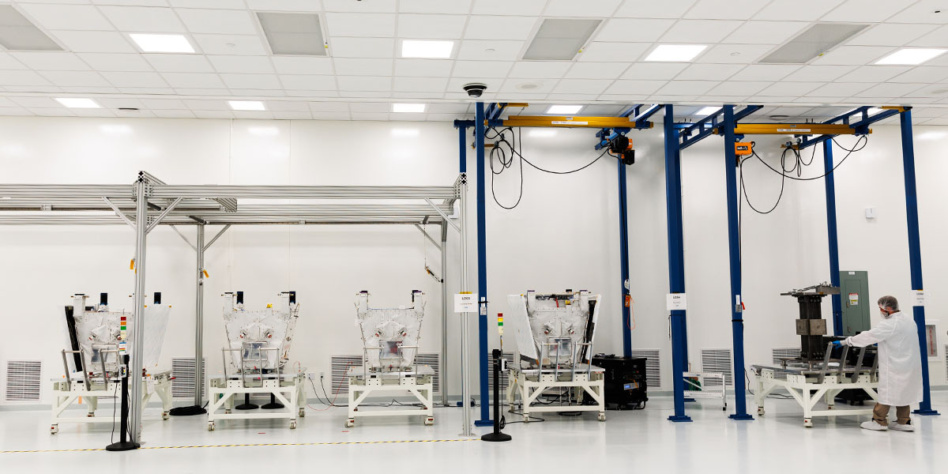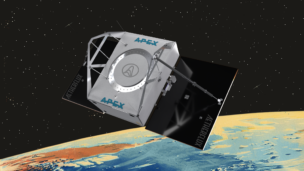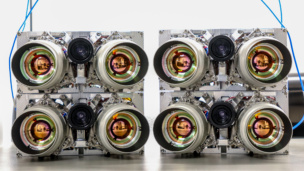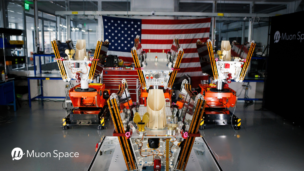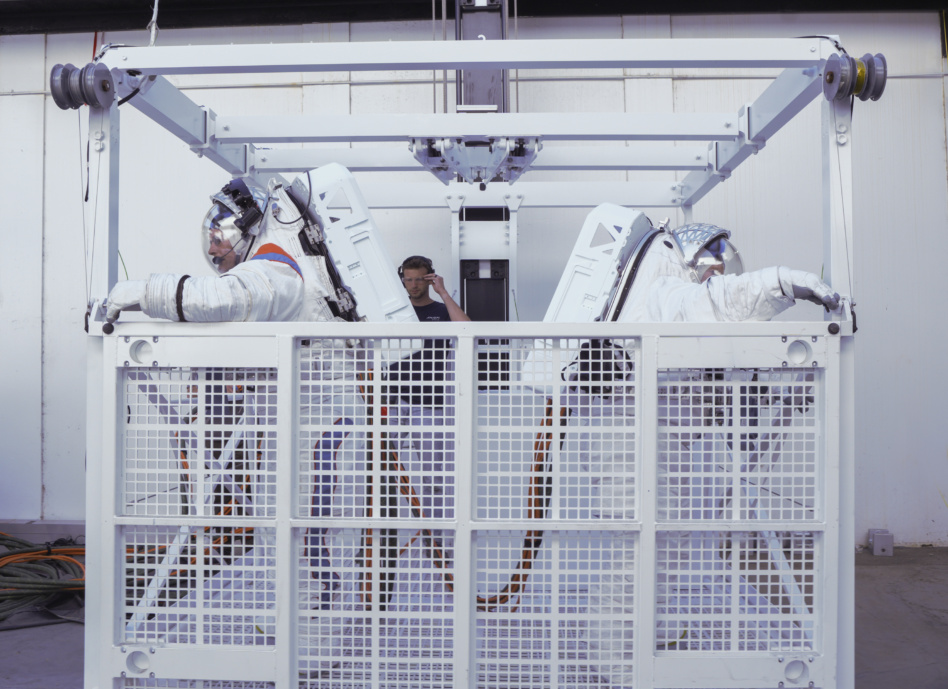Loft Orbital created a joint venture with Marlan Space, an investment company with ties to Abu Dhabi’s Royal Family. The venture establishes a new company, called Orbitworks, that will set up a facility to assemble and test satellites with $100M in funds, the partners announced yesterday.
Since founding a national space agency in 2014, the UAE has put their first fully-developed, designed and manufactured satellite into orbit, sent an Emirati astronaut to the ISS, and launched a probe to Mars.
Now, the new company will make the nation’s biggest foray into commercial space yet, with plans to ramp production up to 50 500-kg satellites per year. Orbitworks plans to secure a facility and have its first satellite in the facility ready to integrate payloads as early as 2025.
The playbook: Orbitworks will operate as an independent company, harnessing Loft Orbital’s experience integrating and testing satellites for rapid completion and launch into orbit. The company will work on satellite missions across the Middle East, taking advantage of the area’s recent boom in investment and interest in getting to space.
“There is no satellite prime contractor or satellite kind of integrator in the Middle East,” Loft Orbital COO Alex Greenberg told Payload. “There’s a lot of white space for the first Middle Eastern space infrastructure company that produces and integrates and operates satellite constellations at scale.”
Loft says that Middle Eastern demand could support dozens of new missions per year. Loft previously signed an MOU with Arabsat to provide LEO satellite infrastructure to Arab League countries, and it took a UAE payload to orbit on a rideshare sat in 2021.
Loft has also run “virtual missions” for software companies that want to deploy on orbit without building a satellite of their own and believes Orbitworks is uniquely positioned to partner with Middle Eastern AI companies.
Lend an EAR: As an American company, Loft Orbital will have to secure the export licenses to ship satellite components to the new facility. The company is currently working through the Export Administration Regulation (EAR) process, but is confident they won’t face any speed bumps, Greenberg said.
